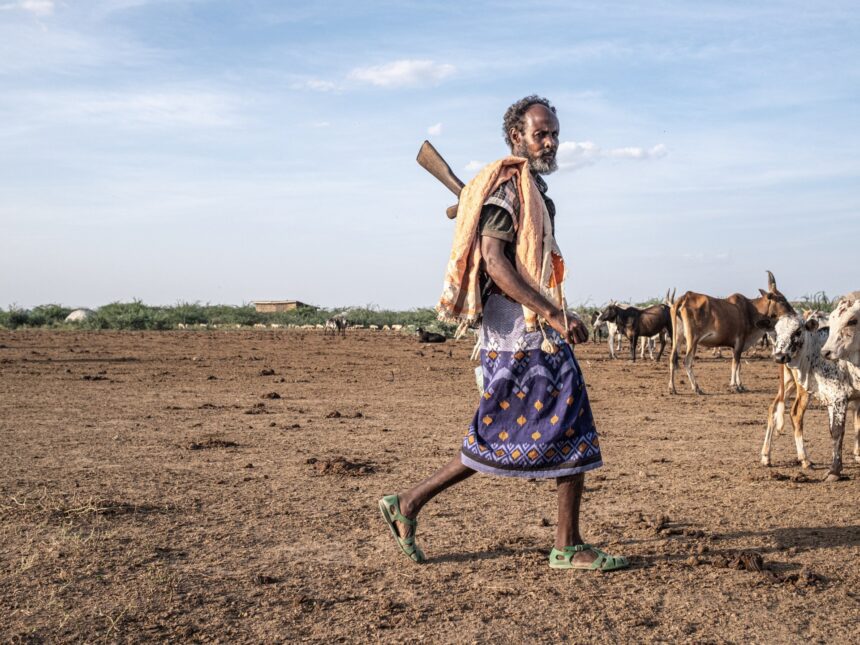Once hailed as a potential solution to Ethiopia’s desertification challenges, the non-native prosopis tree has become a significant ecological threat in the country. Initially introduced to the northeastern Afar region in the 1970s, the tree’s rapid growth and soil-draining capabilities have led to severe negative impacts on local agriculture and livestock. Livestock farmer Khadija Humed reports substantial losses in cattle and other livestock due to the tree’s toxic pods and increased predation, highlighting a crisis that has plunged her community into poverty. Research indicates that prosopis currently infests approximately 20,000 square kilometers of the Afar region and is spreading further into the Amhara and Oromia regions. A 2023 study projects that it could cover as much as 22% of Ethiopia’s land area by 2060, exacerbating economic losses estimated at $602 million over the past three decades. Local organizations, including CARE International, are working to control the spread by promoting harvesting and establishing fruit orchards, but community leaders stress the need for further assistance to effectively manage the invasion.
Original Tweet: [source_url]
Hashtags: #Nonnative #tree #devastates #Ethiopias #ecosystems #threatens #livelihoods










